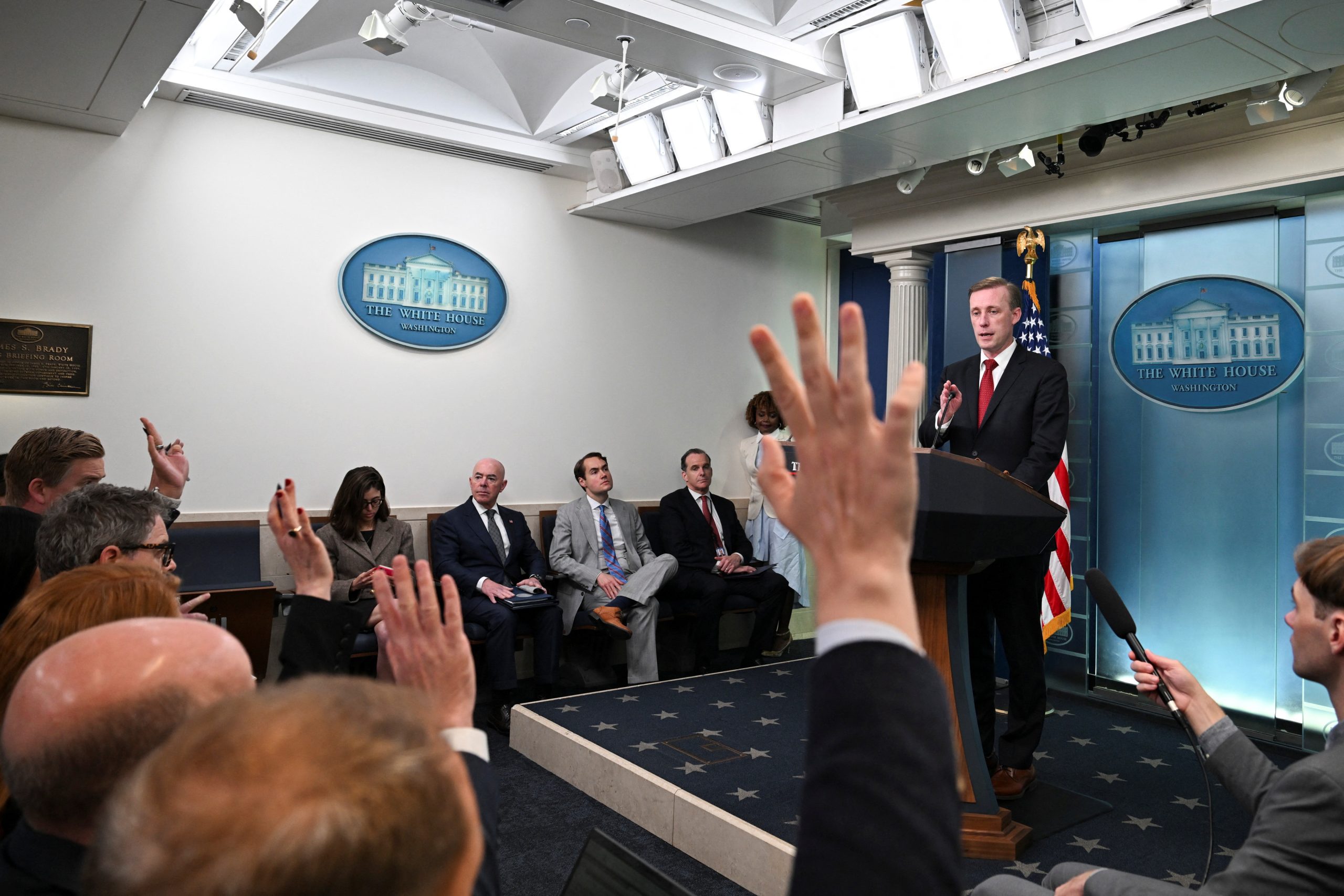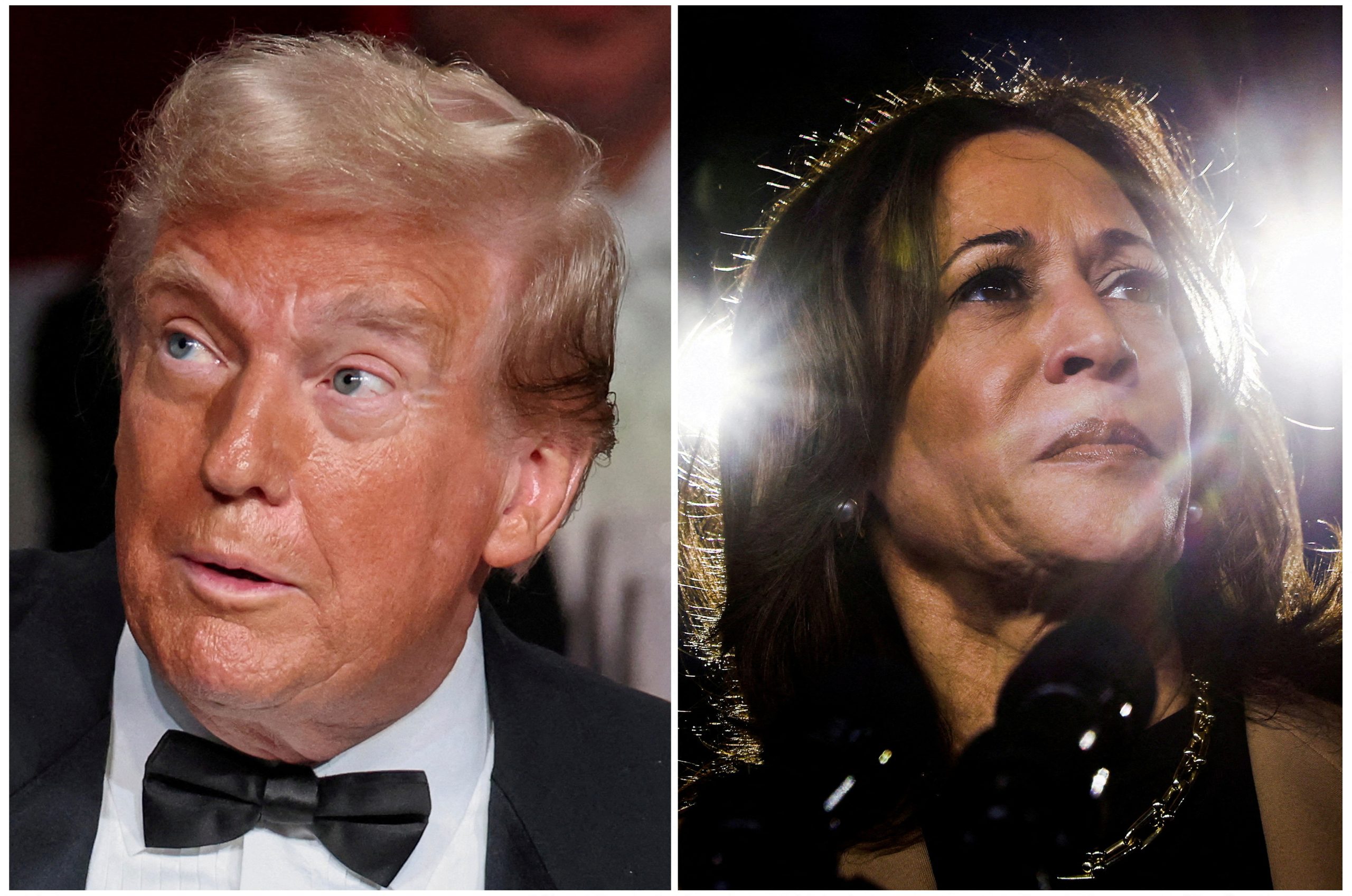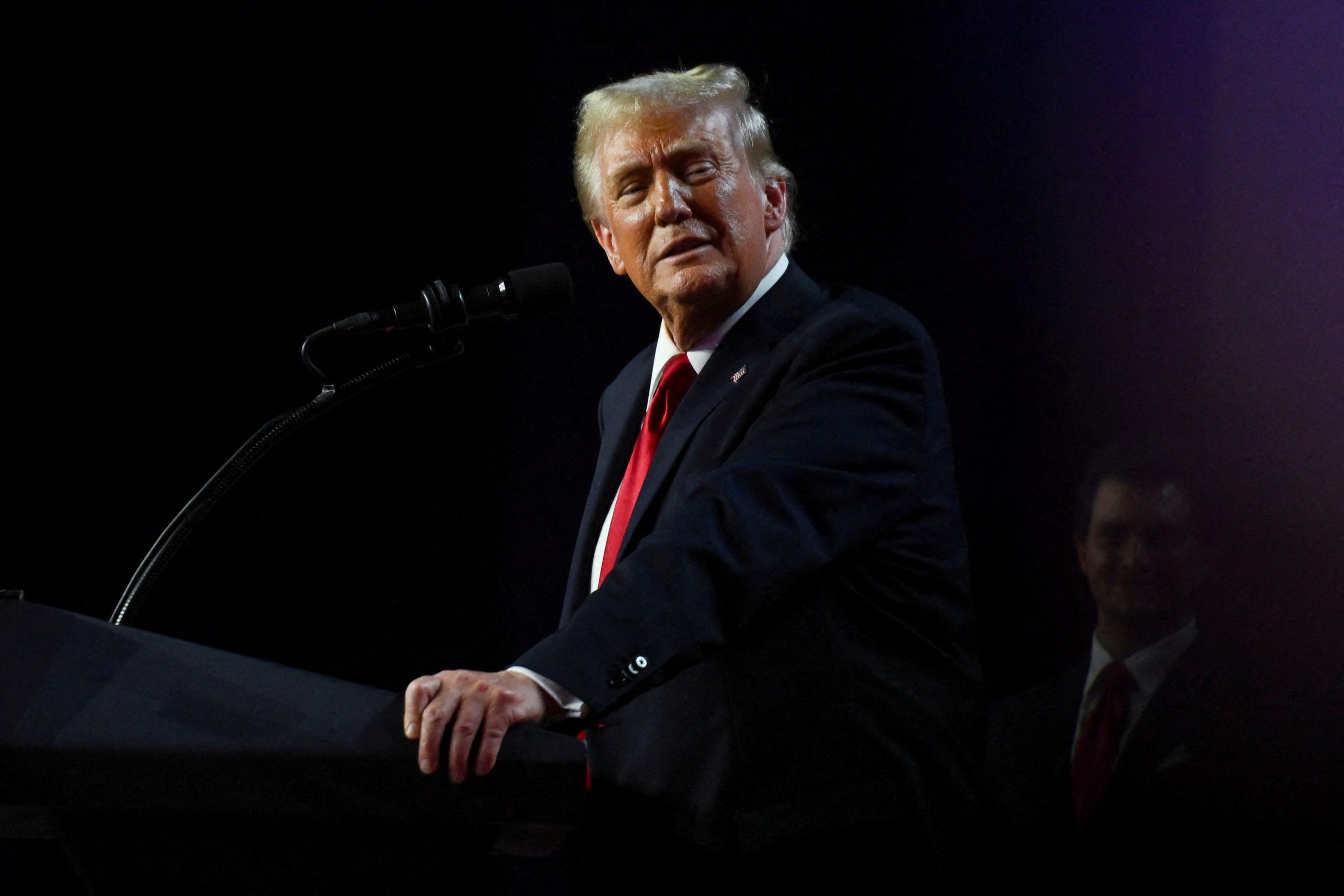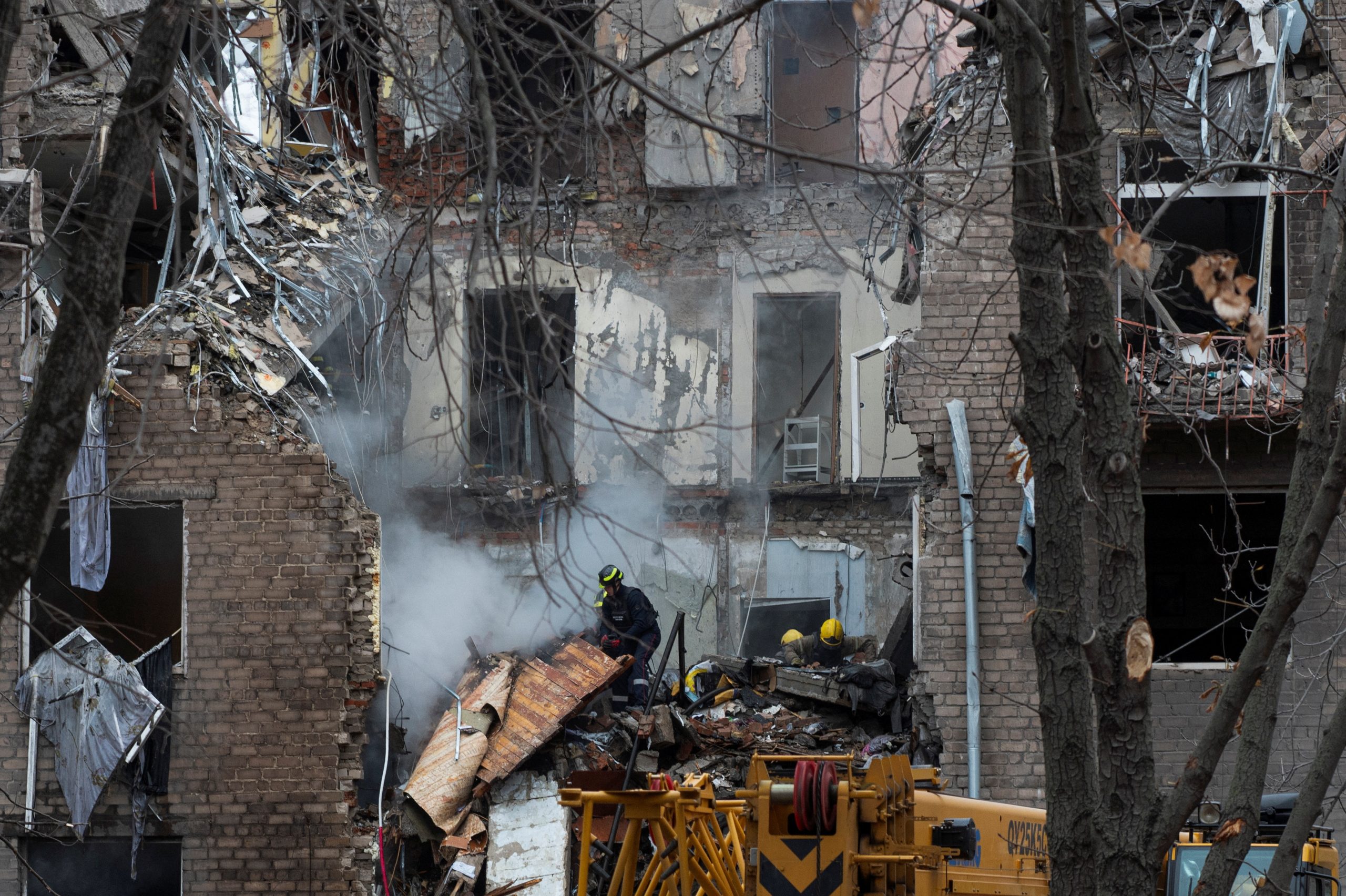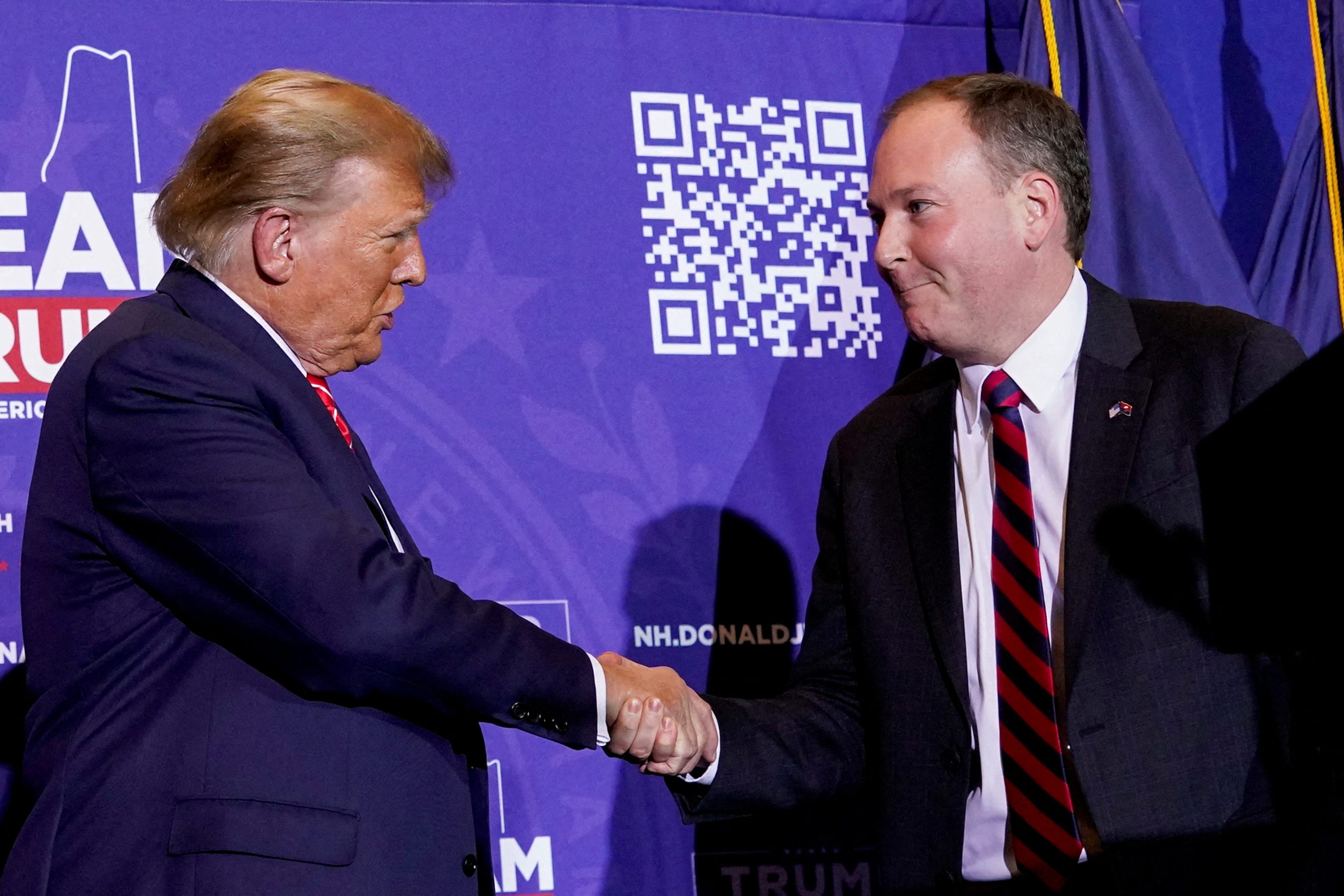“China must act, or risk emboldening two dangerous allies,” warns U.S. National Security Adviser Jake Sullivan as he presses China to curb North Korea’s troop involvement in Ukraine—a bombshell development that threatens to shake up the balance of power in Europe. According to CNN reports, North Korea has already sent a significant number of troops into Russia, some of whom are now deployed on Ukraine’s front line. This unprecedented alliance, involving North Korean boots on Ukrainian soil, has escalated the conflict’s stakes, raising alarm from Washington to Seoul.
Sullivan’s diplomatic play is simple but high-stakes: urge China, North Korea’s only influential ally, to lean on Pyongyang and withdraw its forces from Ukraine. The U.S. State Department and Pentagon report that up to 3,000 North Korean troops were initially training in Russia, with numbers poised to swell to as many as 12,000 by December. Among them are reportedly high-ranking officers and even generals, turning a shadowy alliance into a visible front-line menace.
But Beijing’s influence could be pivotal, despite deep skepticism. China and North Korea have historically maintained tight-knit relations, with Chinese President Xi Jinping often acting as a buffer in Pyongyang’s global dealings. Washington’s hope? That Beijing will recognize the “destabilizing actions” of Russia and North Korea as dangerous even to its own regional interests. However, analysts believe China might be unwilling to undermine its partnership with Russia, which has steadily grown into a strategic bond. A NATO source notes that China has become a “critical enabler” for Russia, supporting its defense industry with technology and even drone production, which has fueled Russian advances in the war.
According to South Korean intelligence, the numbers could climb even higher as the months progress. U.S. officials, NATO insiders, and Ukraine itself have confirmed a substantial North Korean military footprint, with troops reportedly reaching Kursk, Russia—a stone’s throw from the Ukrainian border. And now, according to Ukrainian President Volodymyr Zelensky, some of these forces are inching into Ukrainian territory as early as October 27.
While Sullivan’s call to action is clear, the execution is fraught with uncertainty. The U.S. has been vocal in its outreach to China, with State Department spokesman Matthew Miller emphasizing that the U.S. has repeatedly communicated its concerns. But in a show of defiance, China recently denied allegations that North Korean soldiers were operating within Russia, even as Western intelligence has compiled evidence to the contrary.
China’s tightrope walk between its alliances and global image could get trickier. Its influence on the battlefield through advanced drone tech and logistical support has boosted Russian forces and eroded Western attempts to isolate Moscow. But with each passing day, as more troops from North Korea potentially join the fight, pressure on China will intensify. The question that now looms over the conflict: will China intervene, or watch as this unprecedented alliance wreaks havoc on Ukraine and threatens to ignite a regional firestorm?
Sources for this article include: U.S. State Department, NATO and Pentagon statements, South Korean intelligence, and reports from CNN.

